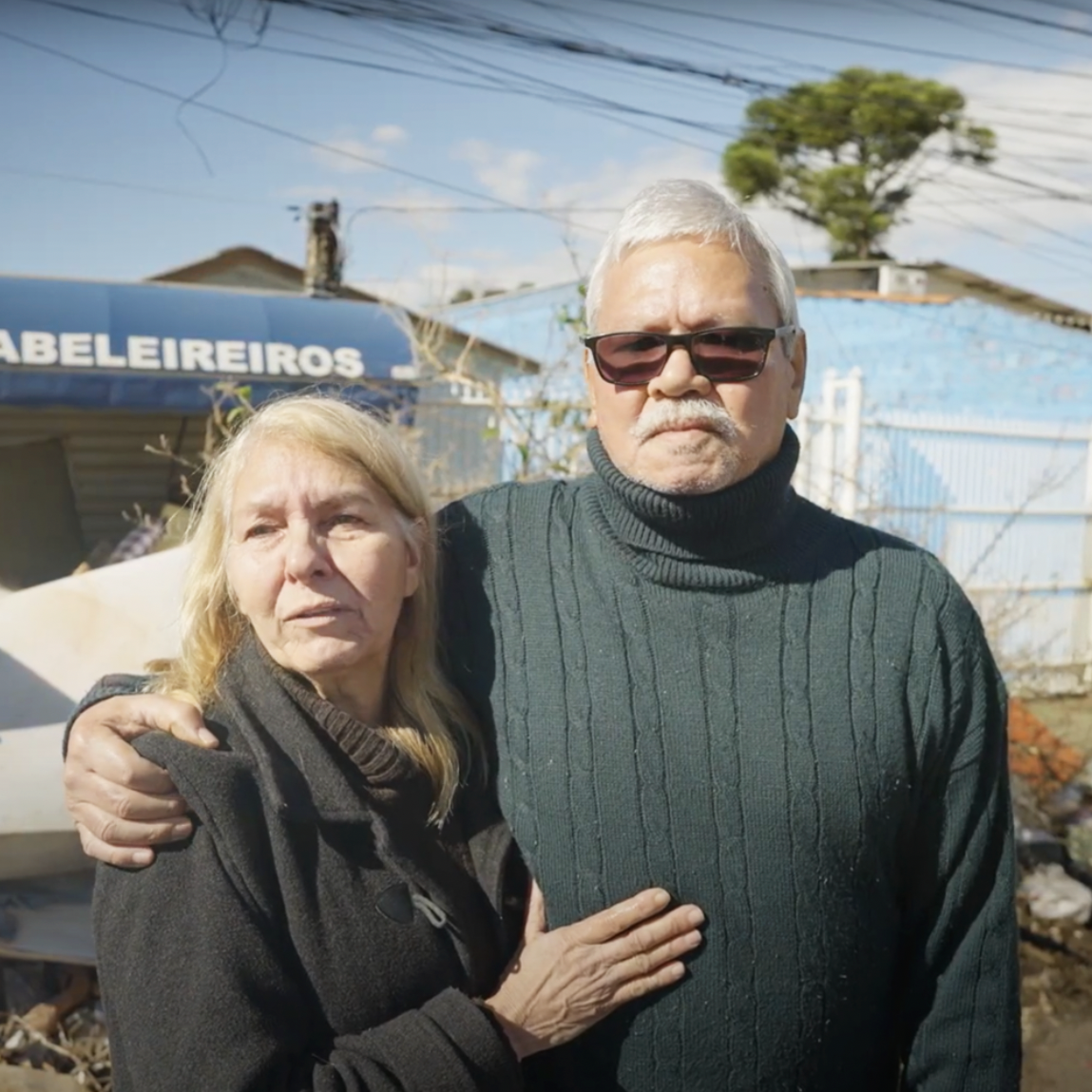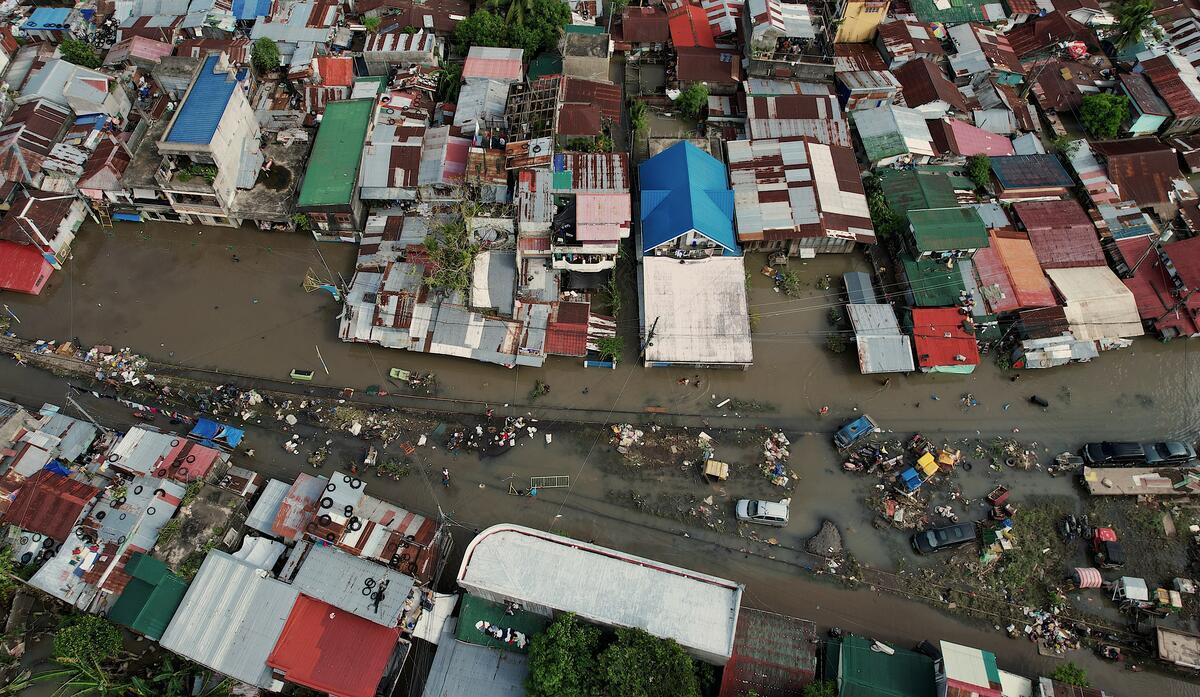Amsterdam, The Netherlands – As temperatures break records in cities like Sao Paulo and Manila and air quality declines in Jakarta and Delhi, on average less than half of people feel safe from extreme weather events, according to a recent Opinion Poll commissioned by Greenpeace International in seven major cities across the Global South.[1]
Presented in the context of the upcoming UN’s International Day for Disaster Risk Reduction, the poll found that when asked about the biggest problems in their cities, the top two responses given are commonly linked to climate change: traffic congestion (46%) and air pollution (42%). Other top answers include crime and violence (42%), corruption (40%), unemployment (34%) and the increasing number of people moving to cities (34%).
“It’s clear that the climate emergency needs to be addressed with a more comprehensive perspective that includes social and economic issues, such as corruption or violence. And that requires listening to the communities that have been historically excluded and are now being most impacted by the climate and social crises”, said Gabriela Vuolo, Urban Justice Global Campaign Leader at Greenpeace International.
Despite the adverse context, over half of the urban residents consulted (56%) are optimistic about the future and believe that their city could become their “dream city”. At the same time, the poll shows that the safer people feel from extreme weather events, the more optimistic they are about their cities becoming their “dream city”.
“From thousands of women demanding equality in the urban centres to entire neighbourhoods in peripheries resisting extreme weather events, people don’t only dream of better cities but actually have the collective power to build them,” added Vuolo. “Decision-makers need to recognise and actively co-create cities with local communities, especially with the most marginalised ones”.
The poll was commissioned by Greenpeace International and conducted by YouGov is part of a global initiative ongoing throughout the month of October. Greenpeace organisations across the world are conducting online and offline activities in nine cities across six different countries, calling on citizens and governments to recognise and learn from the lived experience and collective power of urban communities and movements as a crucial path to transform cities, promote urban justice and address the social and climate crises.
ENDS
Briefing with the Global Opinion Poll key results, commissioned by Greenpeace International and conducted by YouGov, a market research company.
Photo and Video related to this campaign can be downloaded via the Greenpeace Media Library.
Notes
[1] Combined figures of the seven cities consulted: Bogota (Colombia), Sao Paulo (Brazil), Nairobi (Kenya), Istanbul (Turkey), Bangalore and Delhi (India), and Jakarta (Indonesia).
All figures, unless otherwise stated, are from YouGov Plc. Total sample size was 6266 adults. Fieldwork was undertaken between 24th August – 1st September 2023. The survey was carried out online. The combined figures have been weighted based on population size while the figures for each city are representative of their country (aged 18+).
Contacts
Camilo Sanchez, Communication Strategist for Urban Justice, Greenpeace International: [email protected]
Matt Kemp, Communications Lead for Urban Justice, Greenpeace International: [email protected]
Greenpeace International Press Desk: [email protected], +31 (0) 20 718 2470 (available 24 hours)



